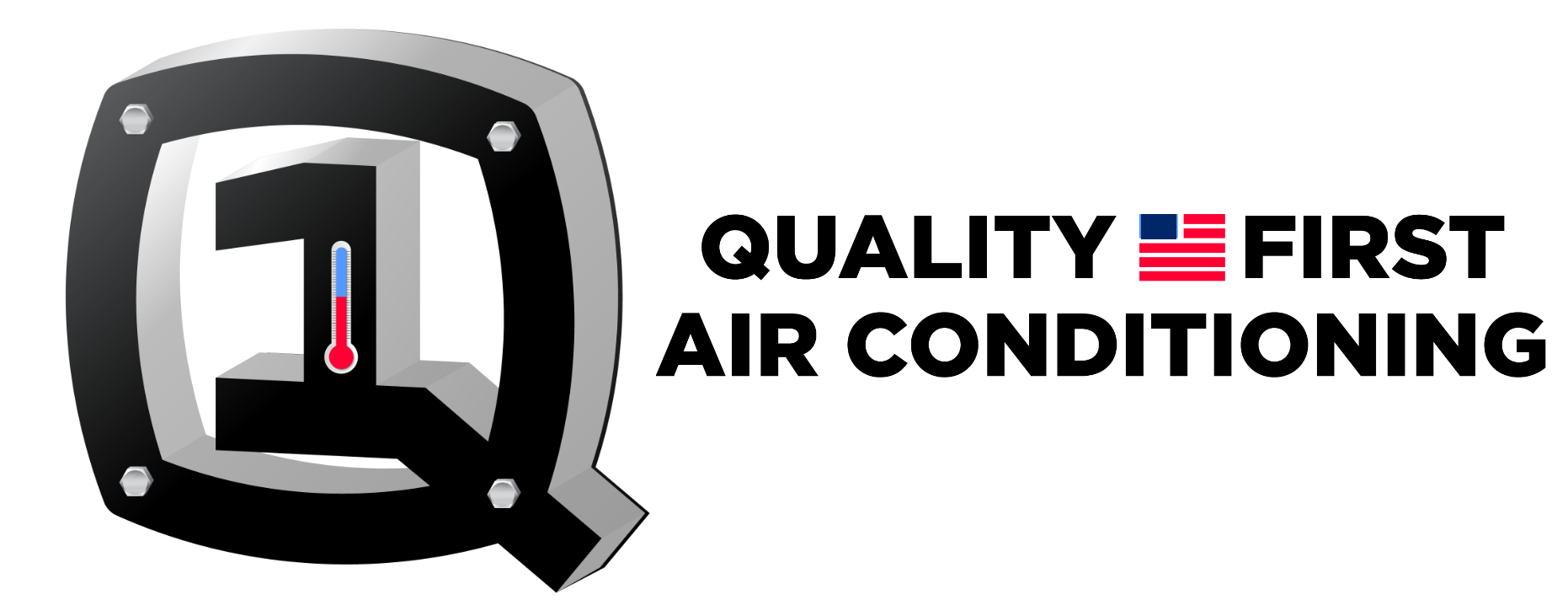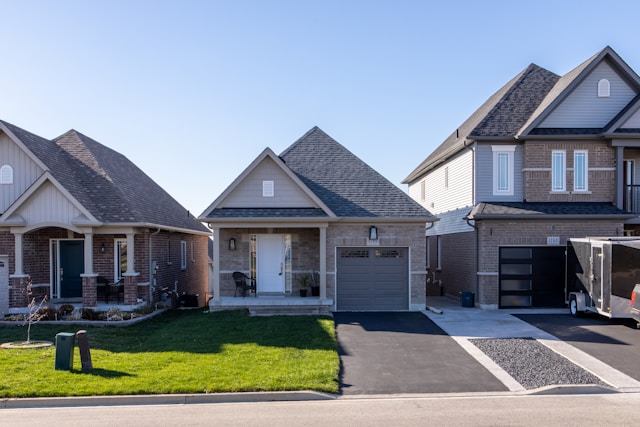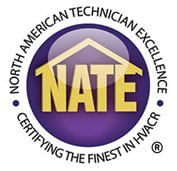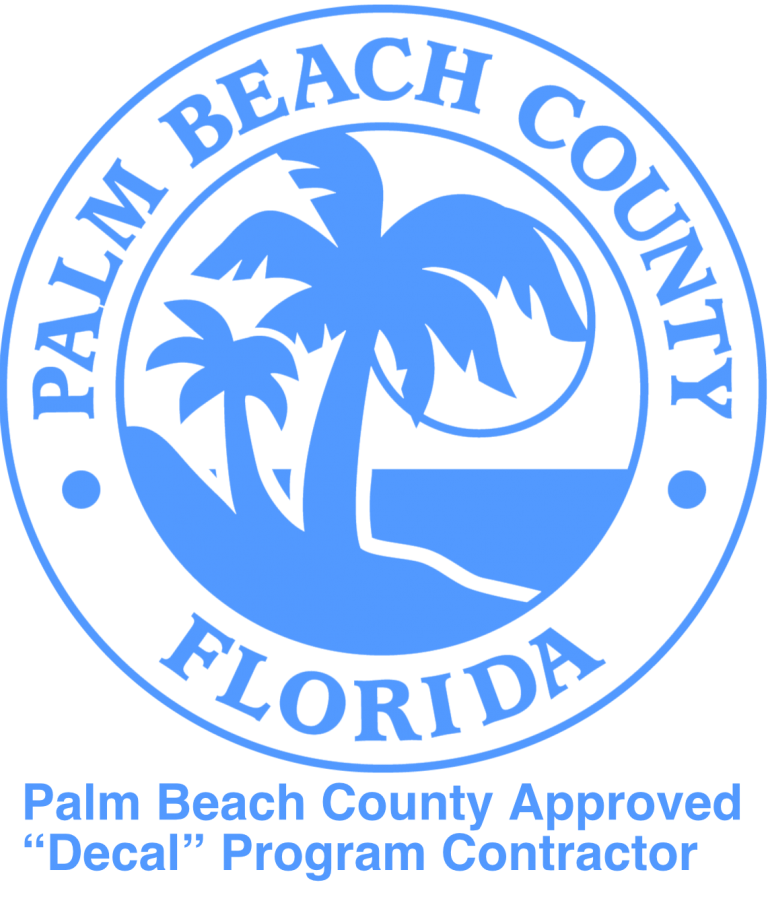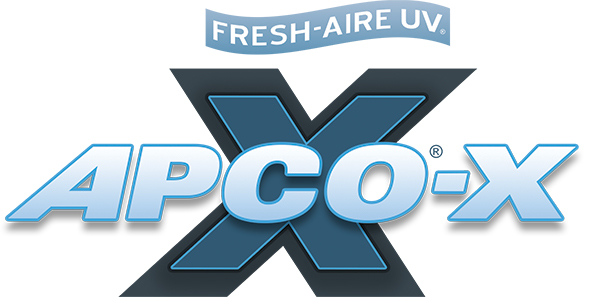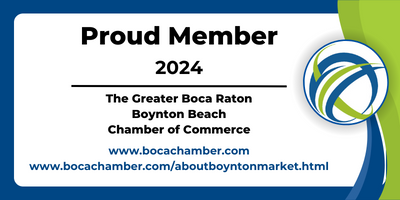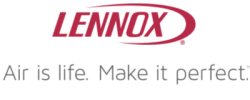-
-
What are the signs that indicate the need for air conditioning replacement?
-
How can I determine if replacing my air conditioning system is cost-effective?
-
What are the benefits of choosing an energy-efficient air conditioning replacement?
-
How do I select the right size and type of air conditioning system for my home?
-
Is regular maintenance essential after installing a new air conditioning system?
-
When it comes to staying cool in scorching summers, your air conditioning unit plays a crucial role. However, over time, the need for an air conditioning replacement can become inevitable. Whether you’re facing constant breakdowns or simply looking to upgrade to a more energy-efficient model, knowing when to replace your AC unit is key.
Making the decision between repairing and replacing your air conditioner can be daunting. From increased energy bills to poor cooling performance, we’ll explore the contrasts between repairing and replacing your unit to help you make an informed choice.
Key Takeaways
-
Regular maintenance can prolong the lifespan of your air conditioning unit and reduce the likelihood of unexpected replacements.
-
Evaluate both the upfront costs and long-term savings when considering an air conditioning replacement to make a financially sound decision.
-
Factors such as age, efficiency, and repair frequency should guide your decision on whether to replace your air conditioning system.
-
Prioritize energy-efficient options when replacing your AC to save on utility bills and reduce environmental impact.
-
Look out for warning signs like strange noises, uneven cooling, or frequent breakdowns as indicators that your AC may need replacement.
-
Consult with HVAC professionals to assess your specific needs and explore the best options for a new air conditioning system.
Understanding AC Replacement
AC Costs in 2024
The average AC replacement costs in 2024 have shown a slight increase compared to previous years. Factors like inflation and material costs contribute to these fluctuations. New technologies, such as smart thermostats and energy-efficient units, impact AC costs by offering more expensive but efficient options.
-
Pros:
-
Improved energy efficiency.
-
Enhanced comfort with smart features.

Air Conditioning Replacement: Key Factors to Consider
-
-
Cons:
-
Higher upfront costs.
-
Potential maintenance expenses for new technologies.
-
When comparing repair versus replace, it’s essential to consider the long-term cost-effectiveness. While repairing may seem cheaper initially, frequent repairs can add up over time. Replacing an old unit can lead to energy savings and reduced maintenance costs in the long run. However, there are scenarios where repair might be a better option, especially for newer units or minor issues.
Factors Influencing Replacement
The decision to replace an AC unit is influenced by various factors. The age of the unit plays a crucial role as older units are less energy-efficient and prone to breakdowns. Efficiency ratings also impact the replacement decision as newer models are designed to be more energy-efficient, leading to lower utility bills.
-
Environmental concerns also drive individuals towards replacing their AC units. Energy-efficient models help reduce carbon emissions and promote sustainability.
-
Technological advancements like variable-speed compressors and advanced filtration systems influence replacement decisions by offering improved performance and indoor air quality.
Financial Implications
Replacement Expenses
When considering AC replacement, it’s crucial to factor in various expenses. These include the cost of the new unit, installation charges, and potential upgrades needed for compatibility. Additional costs may arise from ductwork modifications or electrical work.
To manage replacement expenses effectively, start by obtaining multiple quotes from reputable HVAC companies. Compare prices and services offered to ensure you get the best deal. Setting aside a budget specifically for AC replacement can help you cover unexpected costs that may arise during the process.
Long-Term Energy Bills
Upgrading your air conditioning system can result in significant long-term savings on energy bills. Newer models are designed to be more energy-efficient, consuming less electricity while providing optimal cooling. By investing in an energy-efficient AC unit, you can enjoy a comfortable home environment while reducing your monthly utility expenses.
The relationship between energy efficiency and reduced energy costs is straightforward. The higher the SEER rating (Seasonal Energy Efficiency Ratio) of an AC unit, the more efficient it is at converting electricity into cooling power. Opting for models with high SEER ratings, such as those above 16 or 18, can lead to substantial savings on your energy bills over time.
Financing Your Upgrade
When it comes to financing your AC replacement, several options are available to suit different financial situations. Consider personal loans, credit cards with promotional interest rates, or specialized HVAC financing programs offered by manufacturers or contractors. Special financing offers often come with low or zero-interest rates for a specific period, making them an attractive choice for homeowners looking to spread out their payments.
Choosing the best financing option requires careful consideration of factors such as interest rates, repayment terms, and any additional fees involved. Evaluate each option based on your financial goals and ability to make regular payments. Some homeowners may prefer to pay upfront using savings to avoid long-term interest costs.
Decision Factors
Age and Repair Costs
Age significantly influences repair costs of an AC unit. Older units tend to require more repairs. Frequent repairs are often associated with aging units, leading to higher maintenance expenses over time. When repair costs surpass the value of the unit, it’s time to consider a replacement.
Energy Efficiency
Energy-efficient AC units play a crucial role in lowering utility bills and reducing energy consumption. Different AC models have varying energy efficiency ratings, impacting long-term savings. To enhance energy efficiency, regular maintenance, proper insulation, and programmable thermostats are recommended.
Environmental Impact
Upgrading to a more efficient AC unit brings about significant environmental benefits, such as reduced carbon footprint. Refrigerants used in AC systems can contribute to environmental harm if not handled properly. Eco-friendly options like units with R-32 refrigerant or those using advanced technologies help minimize environmental impact.
Maintenance and Performance
Regular Maintenance
Regular maintenance is crucial in extending the lifespan of your air conditioning unit. By scheduling routine inspections and servicing, you can prevent major breakdowns.
Checklist for essential maintenance tasks:
-
Cleaning or replacing filters: Ensures proper airflow and efficiency.
-
Inspecting ductwork: Seals any leaks to improve cooling efficiency.
-
Checking refrigerant levels: Maintains optimal performance.
-
Calibrating thermostat: Ensures accurate temperature control.
Preventive maintenance not only enhances performance but also saves you money in the long run. By addressing minor issues early, you can avoid costly repairs and prolong the life of your AC unit.
Optimal Performance Tips
To maximize the performance of your new AC unit, consider these tips:
-
Proper installation: Ensure your AC is installed correctly to avoid inefficiencies.
-
Regularly clean vents and coils: Improves airflow and efficiency.
-
Schedule professional tune-ups: Enhances overall performance and identifies potential issues early.
Setting the right temperature on your thermostat is key to achieving energy efficiency. Aim for a comfortable setting that doesn’t strain the system while still keeping you cool.
Considerations Before Replacement
Evaluating Necessity
Determining whether to replace your air conditioning unit involves assessing various factors. Look out for warning signs such as frequent breakdowns, inadequate cooling, or unusual noises. Create a checklist comprising criteria like age of the unit, repair costs, and energy efficiency.
Matching Equipment
Matching AC components is crucial for optimal performance. Mismatched equipment can lead to inefficiencies, increased energy consumption, and premature system failures. To ensure compatibility, consult with a professional HVAC technician and consider factors like size, brand, and SEER rating.
Planning for the Long Term
Long-term planning is essential when replacing an AC system. Selecting a unit that meets your current and future cooling needs can save you money in the long run. Investing in a durable and reliable system ensures efficient operation and reduces the risk of unexpected breakdowns.
Risks and Signs of Faulty AC
Signs of Malfunction
When your air conditioner starts blowing warm air or making strange noises, it’s a sign of malfunction. Additionally, if you notice a sudden increase in your energy bills without changes in usage, your AC might be faulty. Ignoring these signs can lead to more significant issues and costly repairs down the line.
Troubleshooting tips can help address minor malfunctions. Start by checking the air filters for clogs and ensuring the thermostat is set correctly. Regular maintenance like cleaning coils and checking refrigerant levels can prevent major breakdowns.
Mismatched System Risks
Operating a mismatched AC system poses several risks. Mismatched components can lead to reduced efficiency, causing the system to work harder and consume more energy. This inefficiency not only impacts comfort but also increases utility costs over time.
Rectifying a mismatched HVAC system involves ensuring compatibility between components. Consulting with a professional technician can help identify incompatible parts and provide solutions. Upgrading to a matched system ensures optimal performance and energy efficiency.
Energy-Efficient Options
Choosing Efficient ACs
When considering an air conditioning replacement, opt for energy-efficient models to reduce utility bills. Look for units with high Seasonal Energy Efficiency Ratio (SEER) ratings, as they indicate better efficiency. Focus on models with variable-speed compressors for enhanced performance and lower energy consumption.
Energy-efficient AC units offer various benefits, such as lower energy costs and reduced environmental impact. By selecting a high-efficiency model, you can enjoy improved comfort levels while minimizing your carbon footprint. These units often come with advanced features like smart thermostats for optimal temperature control.
Key features to prioritize in an energy-efficient AC system include programmable settings, which allow you to adjust temperatures based on your schedule. Look for models with ENERGY STAR certification, ensuring they meet stringent energy efficiency guidelines. Proper sizing is crucial too, as an oversized unit can lead to inefficiencies and frequent cycling.
Environmental Considerations
When replacing your AC unit, consider the environmental implications of your choice. Opt for models that use eco-friendly refrigerants like R-410A instead of older ozone-depleting ones like R-22. These newer refrigerants have a lower impact on the environment and contribute less to global warming.
The type of refrigerant used in an AC system plays a significant role in its environmental impact. By choosing units with environmentally friendly refrigerants, you can help protect the ozone layer and reduce greenhouse gas emissions. Consider systems that use puron or R-410A refrigerants as they are more sustainable options.
To ensure your cooling solution is environmentally conscious, explore alternatives like ductless mini-split systems or geothermal heat pumps. These options offer efficient cooling without relying heavily on traditional refrigerants that harm the environment. Prioritize systems with high Energy Efficiency Ratio (EER) values for maximum environmental benefits.
Closing Thoughts
You’ve now grasped the essentials of air conditioning replacement, from financial impacts to energy-efficient choices. Understanding the decision factors, maintenance needs, and warning signs equips you to make informed choices for your home’s comfort. Consider these aspects carefully before opting for a replacement to ensure optimal performance and savings in the long run.
Take charge of your AC’s efficiency and longevity by staying vigilant and proactive. Regular maintenance, timely replacements, and energy-efficient upgrades can transform your cooling experience while keeping costs manageable. Your comfort and savings are within reach with the right knowledge and decisions. Make the most of your air conditioning system for a cool and cost-effective indoor environment.
Frequently Asked Questions
What are the signs that indicate the need for air conditioning replacement?
If your AC system is over 10-15 years old, requires frequent repairs, produces unusual noises or odors, struggles to cool your space efficiently, or causes a spike in energy bills, it may be time for a replacement.
How can I determine if replacing my air conditioning system is cost-effective?
Consider factors like the age of your current system, frequency of repairs, energy efficiency ratings, and potential savings on utility bills with a new unit. A professional assessment by an HVAC technician can provide a detailed cost-benefit analysis.
What are the benefits of choosing an energy-efficient air conditioning replacement?
Energy-efficient AC units offer lower energy consumption, reduced utility bills, improved indoor comfort, enhanced environmental sustainability, and often qualify for rebates or tax incentives. They also tend to have advanced features for better performance and longevity.
How do I select the right size and type of air conditioning system for my home?
Consult with an HVAC specialist to conduct a thorough evaluation of your home’s size, layout, insulation quality, and specific cooling needs. Factors like SEER rating, technology advancements, and warranty coverage should also guide your decision-making process.
Is regular maintenance essential after installing a new air conditioning system?
Yes, routine maintenance is crucial to ensure optimal performance and longevity of your new AC unit. Regularly changing filters, scheduling professional tune-ups annually, keeping outdoor units clean and free from debris are key practices to maintain efficiency and prevent costly repairs.
